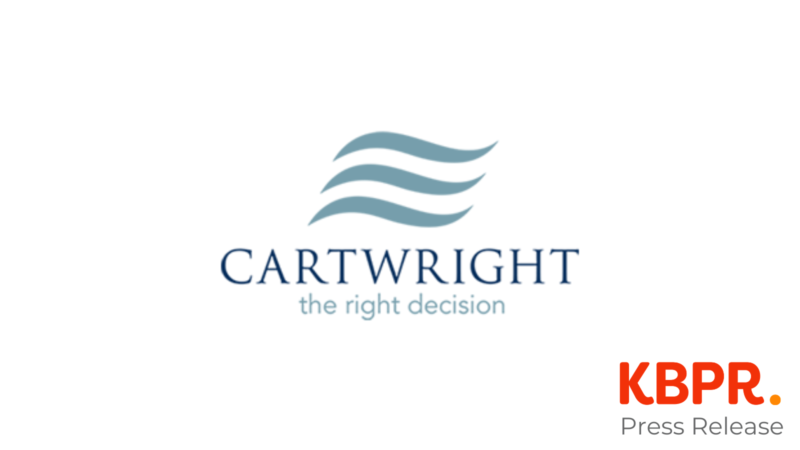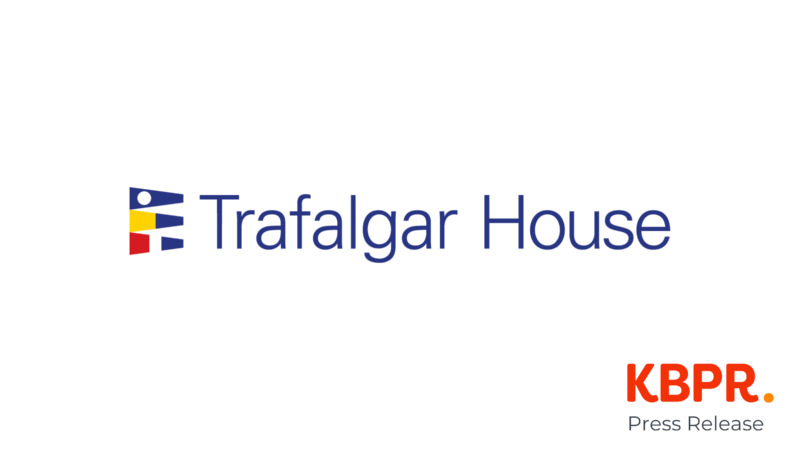
14 April 2022
‘Investing for Impact’ Barometer results show why UK pension funds must get comfortable with Africa or miss out, says RisCura
RisCura, a global investment firm and leader in emerging and frontier markets, in partnership with the University of Cape Town Graduate School of Business, released the 6thedition of the African Investing for Impact Barometer (AIFIB). The report covers approximately USD650bn in assets dedicated to one or more investing for impact strategies (IFI) and showcases the most comprehensive and up-to-date research of these strategies in Southern, West and East Africa.
The report surveyed over 382 fund managers from 2,640 funds and scored them based on the implementation of their IFI strategies, namely: ESG integration, investor engagement, screening, sustainability-themed investment, and impact investing.
The report’s director of publication, Associate Professor Stephanie Giamporcaro from UCT, commented: “This report proves, without question, what we have known for some time — that Africa is no laggard on the global market and can offer investors vibrant investment markets with strong, and meaningful, ESG and impact focus. European pension funds committed to sustainable finance could connect further with what is going on in the African investment industry and financial markets. Europe is facing a wave of regulation (such as green taxonomy and Sustainable Finance Directive Regulation) leading to an increasing number of investors to disclose what they do regarding ESG and to become more sophisticated in measuring the impact of their investment strategies on carbon emissions, for example.”
African countries such as South Africa follow the same policy trend. In the UK, the Financial Conduct Authority is pushing for further ESG disclosure and impact measurement. In this new global investment era, many investors are unsure of how to embrace this sustainable finance paradigm shift, what to disclose, or how to disclose it. Many pension scheme trustees still lack the knowledge and empowerment they need to be able to make meaningful decisions on ESG and impact investing.
“The Africa Impact Barometer contributes to this global effort by looking at what lies under the ESG and impact bonnet. It will give trustees a checklist — a barometer – with which to measure and effectively challenge their advisors or asset managers. In a market rife with greenwashing, this report debunks the words and ‘myths’ and will help investors ensure they have the right processes, with the right governance and reassurance, to take them on their journey and that their providers are doing what they say they’re doing. It will also give them an indication of the key people operating in the space — the high impact leaders in the field.”
Lead AIFIB researcher, Xolisa Dhlamini, added: “The barometer is a powerful tool to identify excellence and developmental areas amongst fund managers in the investing for impact market. Going forward, fund managers will be expected to disclose more precisely how ESG is integrated into investment processes and how they engage investees regarding ESG issues.”
More importantly, fund managers will be expected to become more sophisticated in how they demonstrate the financial and real-world impact of these IFI activities. This won’t be achieved effectively without appropriate ESG data and ESG professionals who are capable of using this data.
He says they have seen an increase in the demand for and placement of ESG talent by fund managers. Another observation is the emergence of local ESG data providers and the increased presence of international firms providing ESG ratings and data services to institutional investors to support the development of IFI.
Whilst there have been positive strides by the African IFI market actors, there is some way still to go. The barometer’s scoring approach thus provides useful indicators for firms implementing these IFI strategies on what it will take to become leaders in impact. Important amongst these indicators is the ability of these firms to measure and demonstrate the true societal and environmental impact of implementing these IFI strategies.
Dhlamini added: “It continues to be challenging to ascertain the exact impact of IFI strategies due to the differing stage of disclosure and measurement by fund managers. However, our analysis shows that ESG integration is the leading IFI strategy in Southern Africa and East Africa attracting more than USD320bn and USD6.7bn in capital respectively, with South Africa still the country with the largest amount of capital (USD600bn) dedicated to one or more IFI strategies; followed by Nigeria and Kenya.
Sustainability-themed investment is the leading strategy in West Africa attracting USD3.7bn in capital. ESG Integration and Screening attract the most amount of capital overall with ESG integration attracting USD336.1bn, and Screening attracting USD231.3bn.”
RisCura’s Head of Responsible Investing, Adam Bennot, added: “We are proud to be part of such an important piece of research which will be a driver for change and development in the industry.”
You can read the report here.
-ENDS-


